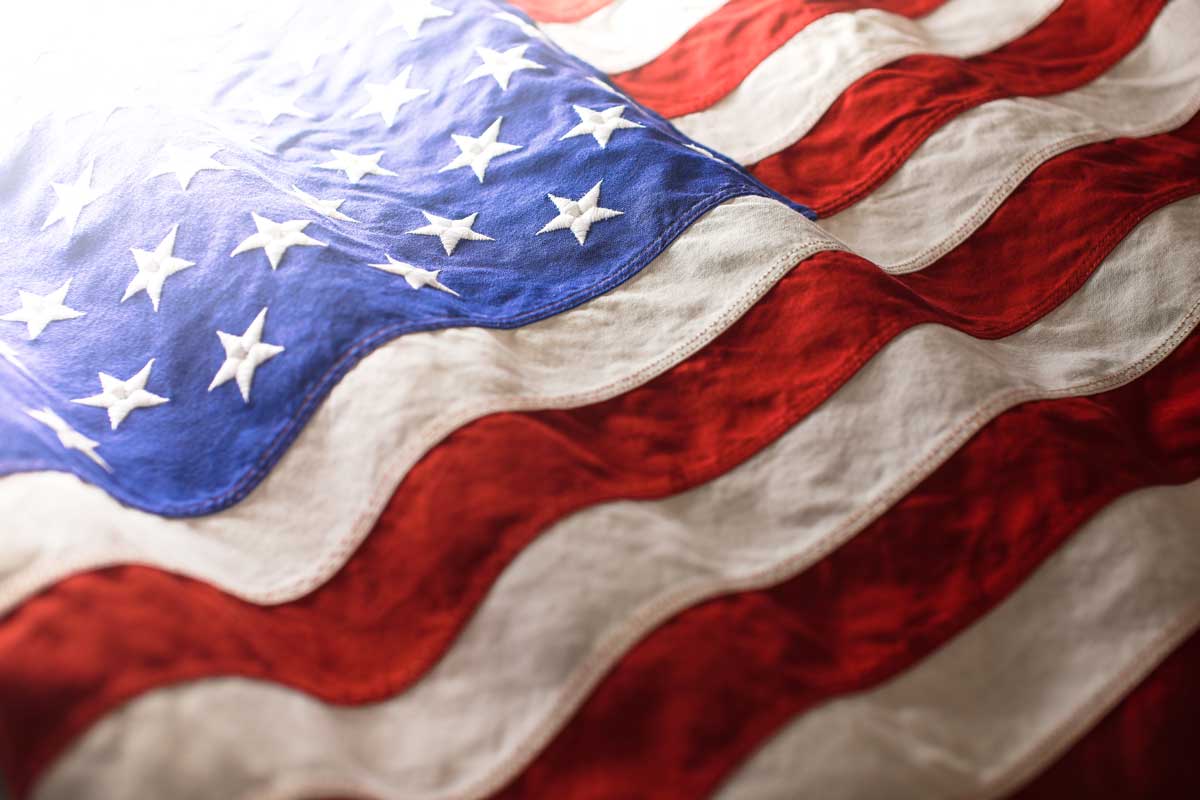
Since COVID-19 entered our lives and disrupted our normal protocols, reassessing workplace safety has been on every employer’s mind, especially within hands-on industries like construction work.
In response to the pandemic, Governor Andrew Cuomo signed the New York Health and Essential Rights Act (NY HERO Act) into law on May 5, 2021, which mandates extensive new workplace health and safety protections. The goal? To protect employees against exposure and disease during a future airborne infectious disease outbreak.
While employers must adopt plans as required by the law, as of the date of this writing no designation has been made and plans are not required to be in effect until the New York State Commissioner of Health designates an airborne infectious disease as a highly contagious communicable disease that presents a serious risk of harm to the public health.
Under this new law, the New York State Department of Labor (NYS DOL), in consultation with the NYS Department of Health, has developed a new Airborne Infectious Disease Exposure Prevention Standard, a Model Airborne Infectious Disease Exposure Prevention Plan, and various industry-specific model plans for the prevention of airborne infectious disease. Employers can choose to adopt the applicable policy template/plan provided by NYS DOL or establish a different plan that meets or exceeds the standard’s minimum requirements. We highly recommend that employers opt to use the DOL authorized template to ensure there is no mystery or uncertainty surrounding compliance.
To comply with the HERO Act, it’s vitally important to keep employees in the loop and to stay aware of the latest NYS DOL information available. Right now it’s important for construction companies to:
- Establish an Airborne Infectious Disease Exposure Prevention Plan by August 5, 2021,and post the plan at worksites and distribute the plan to all employees within 30 days after adoption, or by September 4, 2021, at the latest
- Designate supervisory individual(s) responsible for enforcing the plan
- Gather employee feedback to incorporate into the plan
- Integrate the plan into the employee handbook
So, can your company face financial fines if it chooses not to adopt a plan within the timeframe?
Yes. Employers are subject to civil penalties of at least $50 per day for failure to adopt a plan, and not less than $1,000 or more than $10,000 for failure to abide by an activated plan. Repeat violations may result in increased penalties.
Are there any upcoming HERO Act deadlines to keep in mind?
Yes. It’s important to note that a second section of the HERO Act, effective November 1, 2021, allows employees to form a joint labor-management workplace safety committee. The committee must be comprised of both employer and employee designees, with at least two-thirds nonsupervisory employees who are chosen by nonsupervisory employees. The Act authorizes committees to:
- Raise health and safety concerns, to which employers must respond
- Review health and safety policies enacted in response to laws, executive orders, or guidance
- Participate in government workplace site visits
- Review employer-filed reports related to workplace health and safety
- Meet quarterly during working hours for up to two hours
- Allow committee members to attend a training, not to exceed four hours, on occupational health and safety and the function of worker safety committees
While the best approach may be to proactively form a safety committee by November 1, the Act does not require employers to establish a committee at this time but instead requires employers to allow employees to form such a committee.
THE DOL will likely publish future guidance on how to best communicate this information to employees. However, we advise all union employers to preemptively check their collective bargaining agreements to see if the safety committee requirements conflict, as the terms of the committees will most likely be subject to bargaining.
In summary, employers must be aware of several deadlines to protect their employees and avoid hefty violation fines.
Firstly, ensure you have distributed your company’s Airborne Infectious Disease Exposure Prevention Plan to employees no later than September 4, 2021, or face civil penalties. Designate supervisory individual(s) to conduct a verbal review of the plan in the event of an outbreak. Additionally, it’s a good idea to obtain and properly store personal protective equipment and other exposure controls in preparation for future infectious disease outbreaks. Lastly, consider establishing a joint labor-management safety committee by November 1, 2021. It’s also a best practice to closely monitor the NYDOL website as an updated status could trigger Prevention Plans to become effective. Don’t hesitate to act. This plan can be implemented with expert guidance.
